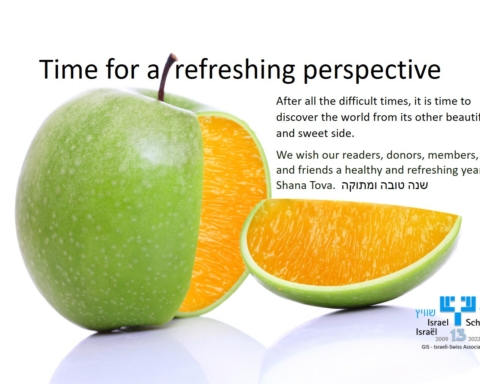In the ever present world of duality, another international women’s day passes to spark a global conversation, both in celebration of their many achievements, as well as to amplify the dire need to support the seemingly second class gender.
Living in the 21st century, it’s clear how far women have come since even 50 years ago. Women today feel empowered and free to create, achieve, and lead in ways they never could before. Women are being prized for their work, their innovations, and for single-handedly tilting industries on their side. In the STEM fields specifically, the shift is taking time, yet the results show what happens when women have role models, and access to the right educational resources. A prime example of this is She Codes, an organization started in 2013 by Ruth Polachek, an Israeli coder who saw a gap in the coding industry – it was only 14% women. Today, She Codes has trained over 2,000 women, and the industry in Israel has seen a rise to 20%. While it hasn’t yet met her 50% goal, the increase is promising.
Another woman Yael Nitzan is achieving her long-time dream; one made easier by the rising global conversation surrounding the need to spotlight the roles of women in society. Nitzan will open the first Israeli Women Museum in what used to be a private school in Haifa, where 100 women who played important historical and cultural roles in building Israel, will be featured. Supported through funds to the Haifa Foundation, Nitzan is honoring women who are activists, artists, teachers, architects – most of whom have not received recognition in the past.
Nitzan says “The purpose of the museum is to raise their profile and to reshape the narrative of the critical role of women as full partners in leadership and public space design over the past century.”
With ample strides towards achievement, this year has also seen major setbacks, for women in particular. The year of coronavirus has seen more women than men lose their jobs and be placed on unpaid leave. Over 55% of women lost jobs, 70% during lockdowns. With school closed and household needs abundant, many were forced to take unpaid leave. Especially since men commonly earn more than women, it seems women are stuck in the role of caretaker. This perpetuates the already wide gender pay gaps, and pauses any progress that had been pursued until BC, or before corona. Not only on an economical level, but women have also suffered emotionally, physically, and psychologically. Domestic violence went up by 300%. Two new crisis centers have opened in 2021 alone.
Dana Meitav, director of the Israel Women’s Network said that “everyone who looked around them during the wave of dismissals and furloughs felt that women were disappearing and that’s indeed the unfortunate conclusion that’s backed by numbers. Employers, who tend to reward men in terms of salary, apparently also tended to give up on the women first this year.”
“Domestic violence against women also went up because of the lockdowns and the emotional and economic pressure, and from data that reached the Israel Women’s Network, it emerges that while the calls to domestic violence hotlines doubled, police only opened 20 percent more files. Moving backward on gender equality harms the whole country, not just women, who are 51 percent of the population.”
With every step forward, it’s still crucial to note the systemic roadblocks deeply embedded in the greater system to hold women back. Only when the root cause of the issue receives attention, can something new truly grow.








